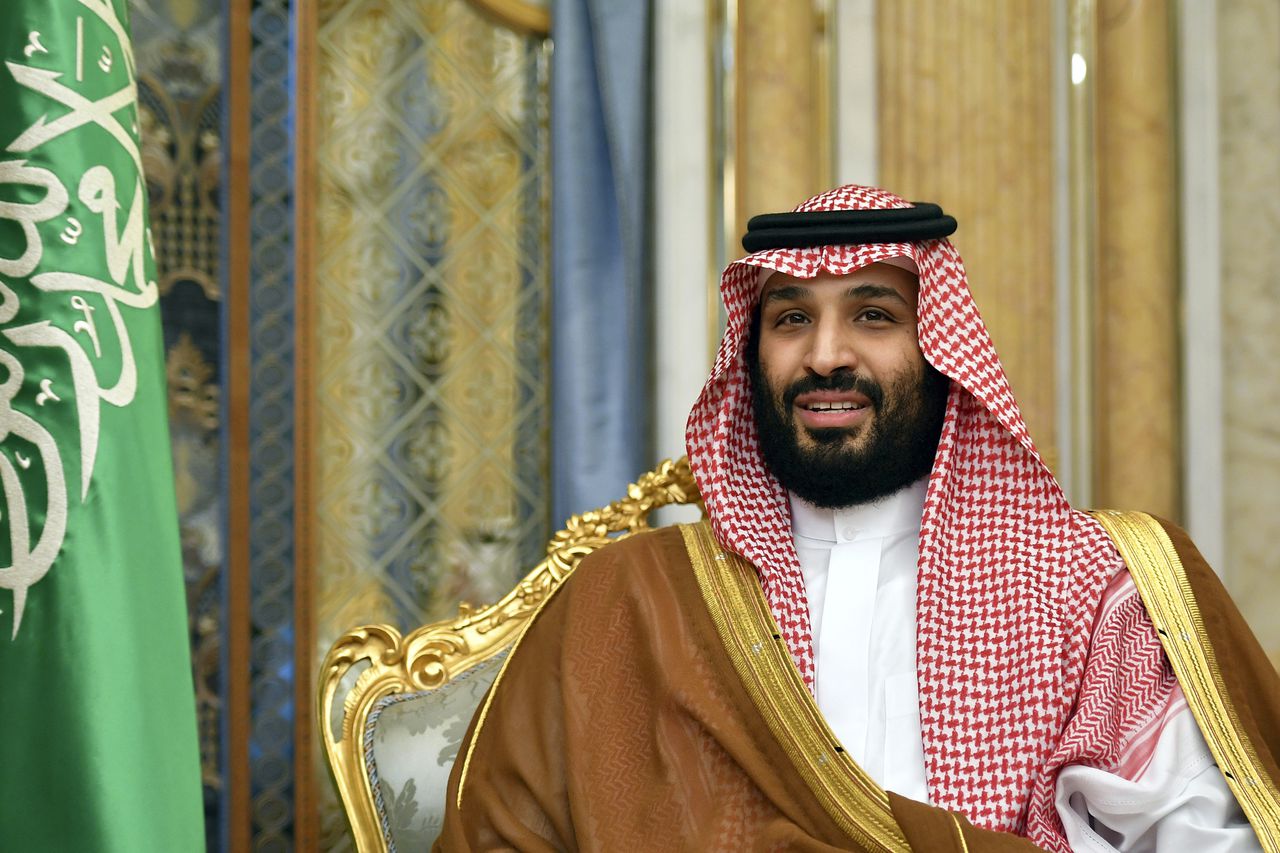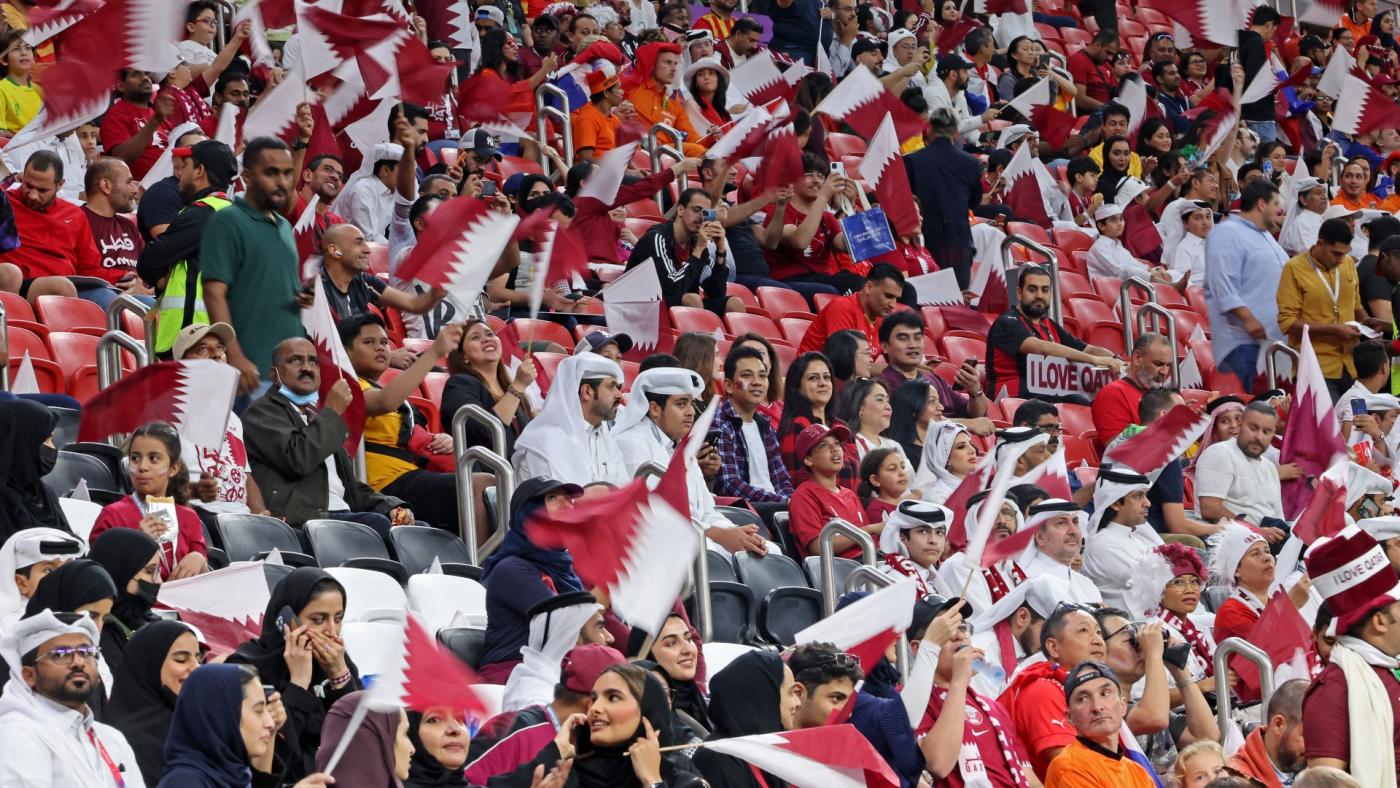
By insider@insider.com — Natalie Armbruster — This month, Chinese President Xi Jinping arrived in Riyadh for a three-day visit which included a bilateral meeting between China and Saudi Arabia, a Gulf-China summit, and an Arab-China summit, coming to a consensus on China-Saudi energy and technology cooperation. Throughout the visit, Western media has been quick to conclude that the deals are a message to the West — a snub to Washington and President Joe Biden. However, to assume that China views the Middle East through the same lens the United States has used for the last 30 years is a mistake. China has long assessed US involvement in the Middle East to be damaging to American power and strength. Xi’s visit, and China’s interest, investment, and involvement in the Middle East, have far more to do with shared economic interests and a stable energy supply than any potential security alliance or geopolitical aspirations.
The first thing to know is China’s involvement in the Middle East rests primarily on its energy dependence. In 2021, 72% of China’s crude oil consumption was imported. The Middle East accounted for 50% of these imports. China alone accounted for more than one-quarter of Saudi Arabia’s crude oil exports as well. As long as China remains reliant on external sources of oil and Saudi Arabia is looking to make a profit, it is only natural for Saudi Arabia and China to expand their economic cooperation — bilateral trade which currently amounts to $87.3 billion. This remains true for China’s heavy investment in the Middle East through the Belt and Road Initiative. China’s BRI investments have focused largely on the construction of ports and industrial parks in countries such as Egypt, Oman, Saudi Arabia, or the United Arab Emirates. One needs to know little about geography to observe that China’s investments center around secure and stable access to vital energy and trade chokepoints: the Persian Gulf, the Gulf of Oman, the Red Sea, the Bab al-Mandeb Strait, the Strait of Hormuz, the Suez Canal, etc.










